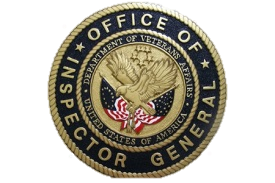I have a question about: Documentation & Coding
Your documentation & coding questions answered
A: Using the SALT feature without making any changes to the record on each individual date can be considered fraudulent record keeping and can put a doctor at risk during an audit or record review. Cloning notes are under close scrutiny as they could be produced without a physician or patient present.
The unique information gathered on each patient visit is what determines whether that visit meets the medical necessity guidelines of a payer. If nothing is noted as being changed from one visit to the next, no progress is noted and care is not supported. Learn more about meeting Medical Necessity Guidelines in the Rapid Solutions titled Daily Assessment-The Essence of Medical Necessity.
A: The Date of Onset should always be the first date you saw the patient for THIS treatment episode, except in the case of Personal Injury or Workers Compensation Injury which would use the accident date as the Date of Onset.
If the patient was discharged at the end of care the last time you treated him/her for this condition, then there is an obvious stopping point from before, and starting the new treatment episode should be distinct with the new date of onset.
A date of onset over 90 days can be a red flag to an insurance carrier that indicates possible maintenance, wellness, or supportive care. There certainly can be care episodes that last beyond 90 days, but the documentation must be present to support the need for the extended care. Learn more about this in the Rapid Solutions titled Proper Use of Box 14 for Billing.
A: Foot Levelers teamed up with KMC University to create a helpful guide. Basically, you need to know the medical review policy for functional orthotics of the payer you're billing - usually listed on their website as "orthotics and prosthetics." Then utilize the directions in the aforementioned guide to make sure your team asks the right questions. Make sure you've established medical necessity according to the policy for your history, exam, diagnosis, and treatment plan. Use the billing codes listed in the guide and don't forget to bill for both sides! The guide is available here.
A; It is our understanding that any Therapeutic Procedure code that starts with a 97 will need to have a GP modifier on it to bill BCBS, please refer to the Medical Review Policy of the BCBS plan for your area or region.


After watching the webinar “Security Risk Management, A HIPAA Requirement”, I went to the government website and spent 4 hours trying to research what I needed to do and had to walk away as I was overwhelmed. After contacting my Account Manager, and setting a time to review the Compliance materials that are available at KMC University, I now feel this is what I was looking for…simple steps to walk from A-Z.











